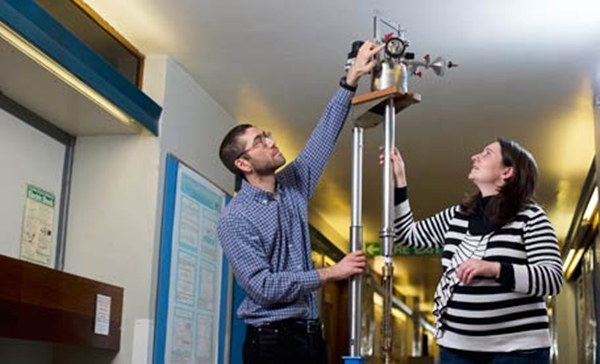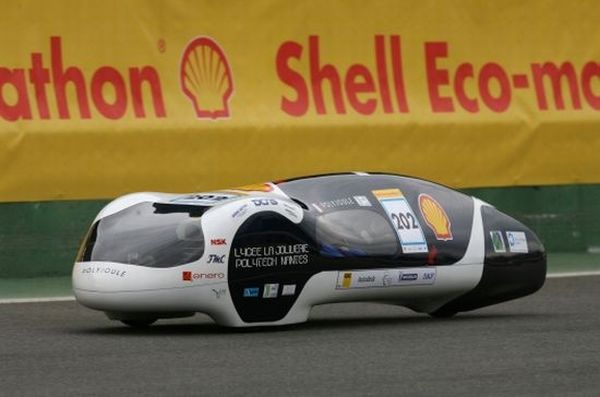In an invention that could herald a new age of electronics, researchers at the University of Exeter have created a new graphene-based material called the GraphExeter, which they believe is the most flexible, transparent and lightweight material ever created to conduct electricity.

Given its properties, researchers argue that GraphExeter could actually usher in the future era of wearable electronic devices here and now, by making things such shirts containing mp3 players, computers and smartphones a reality.
An excited Dr Monica Craciun, lead researcher, University of Exeter explains, “GraphExeter could revolutionize the electronics industry. It outperforms any other carbon-based transparent conductor used in electronics and could be used for a range of applications, from solar panels to ‘smart’ teeshirts. We are very excited about the potential of this material and look forward to seeing where it can take the electronics industry in the future.”
Since it is a well-known scientific fact that ferric chloride enhances the electrical conductivity of graphene, researchers at Exeter decided to explore the relation between these two materials in detail. And sure enough, in a research funded by the Royal Society and the EPSRC, the Exeter Research team struck gold when they created GraphExeter, by clubbing ferric chloride molecules between two layers of graphene. Details on their find are already published in Advanced Materials, a leading journal of materials sciences.
As of now, the University of Exeter’s Centre for Graphene Science is working on creating a spray-on version of this material, which they believe could be sprayed directly onto anything, be it windows, doors, fabrics and mirrors, to provide these otherwise dead conveniences smarter and interactive features.
In fact, not many are aware that indium tin oxide which is today commonly used in electronics to conduct electricity is a finite resource, set to finish by 2017. Given this urgent context and depending on further development of this technology, GraphExeter may just prove to be the next big thing in the electronic industry.
Via: University of Exeter




